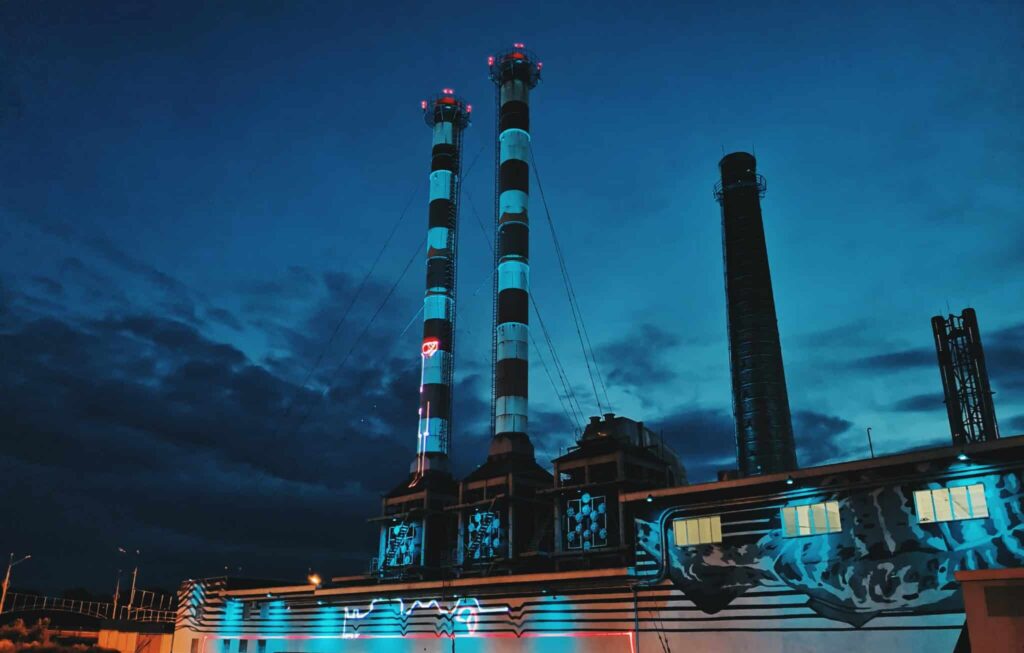An expert opinion on pricing mechanisms and alternative measures to tackle the energy crisis
In this article, Leonardo Meeus gives his take on the latest string of measures proposed across Europe to tackle the energy crisis.
It is challenging to be an energy expert these days. Everyone expects simple solutions, but there are none. With this in mind, I would like to argue that we have to do more than tinker with the pricing mechanisms in energy markets. Many politicians seem focused on this aspect only, but there are actually other measures to take that can reduce our energy demand in this period of crisis. Artificial pricing might not be the solution we are looking for and even contribute to worsening the problem.
The problem with energy prices
Natural gas prices are exceptionally high because we can no longer count on deliveries from Russia, and we can only partially compensate for that shortage with alternative gas suppliers. Electricity prices are equally high because we use natural gas to produce electricity, and because there are problems with the nuclear power stations in France. The probability that we will have to ration energy in the coming winter(s) is increasing.
The investments that were already planned to make our energy system more sustainable must be accelerated. Governments can play an important role in permit-granting procedures. In the meantime, we will have to take crisis measures.
It is intolerable that families end up in poverty because they can no longer pay their energy bills. I fear that we will also have to resort to saving companies from insolvency if we want to keep energy-intensive industries up and running in Europe. This is all going to cost a lot of money, while budgets have already been stretched due to the corona-crisis. It is therefore important to make the best possible use of the limited budgets in combination with measures that can reduce energy demand. These will include lowering our thermostats during the winter and banning non-essential energy consumption. If we succeed in limiting our energy demand, prices will go down, and we will need less public money to save families and businesses.
Why some proposals to lower energy prices might actually be counterproductive
Many politicians want to introduce price restrictions. If we artificially lower prices without doing anything about demand, we create shortages. Governments will then have to intervene anyways, or we will need to activate the emergency plans. We know from the recent experience in Texas how chaotic it can be to have rolling blackouts for electricity. The plans for natural gas typically prioritize the supply to households over the supply to industry. In Germany, the industry argued that families would no longer have a job if they are not willing to limit their energy demand.
The option of decoupling the price of electricity from the price of gas is also on the table. Spain and Portugal have done so by subsidizing the production of electricity with natural gas. This results in an artificial reduction in the electricity price. A side effect is that more gas is used for electricity production at a time when we have shortages. So why do they do that? When we need gas-fired power plants to meet the electricity demand, the electricity market price is set by those gas-fired power plants. The electricity market price is now so high that cheaper forms of electricity production make more profit than usual. Like in other markets, this mechanism then acts as an incentive to invest in those cheaper forms of electricity production until the market normalizes again. Spain and Portugal did not want to wait for that normalization and have therefore devised a trick to artificially lower the price of electricity in order to reduce these profits.
If we want to do something about those profits to keep everything affordable, we can better work with a windfall profit tax. In this way, we leave the price mechanism untouched, we avoid the side effects, and we do not take money away from companies that do not have excess profit. Some energy producers do not profit from the extreme prices because they have long-term contracts with consumers at prices that have been fixed before the crisis; other utilities have been (partially) nationalized to avoid bankruptcy. The oil and gas producers in the UK, for example, do have exceptional profits, and it has been decided to tax them. There are also ideas to implement this windfall profit tax via the energy wholesale market.
How to turn the crisis around
This crisis is also an opportunity. It has never been more interesting to invest in the energy transition. We can come out of this stronger, but a number of families and businesses need to be saved financially. Energy markets must be supplemented by a reduction in demand during the crisis period. Another takeaway from the crisis is that we need better mechanisms that accelerate investment and protect consumers from extreme energy prices. At the same time, protecting vulnerable and energy-poor consumers should not remove their incentive to save energy as that is everybody’s responsibility.







